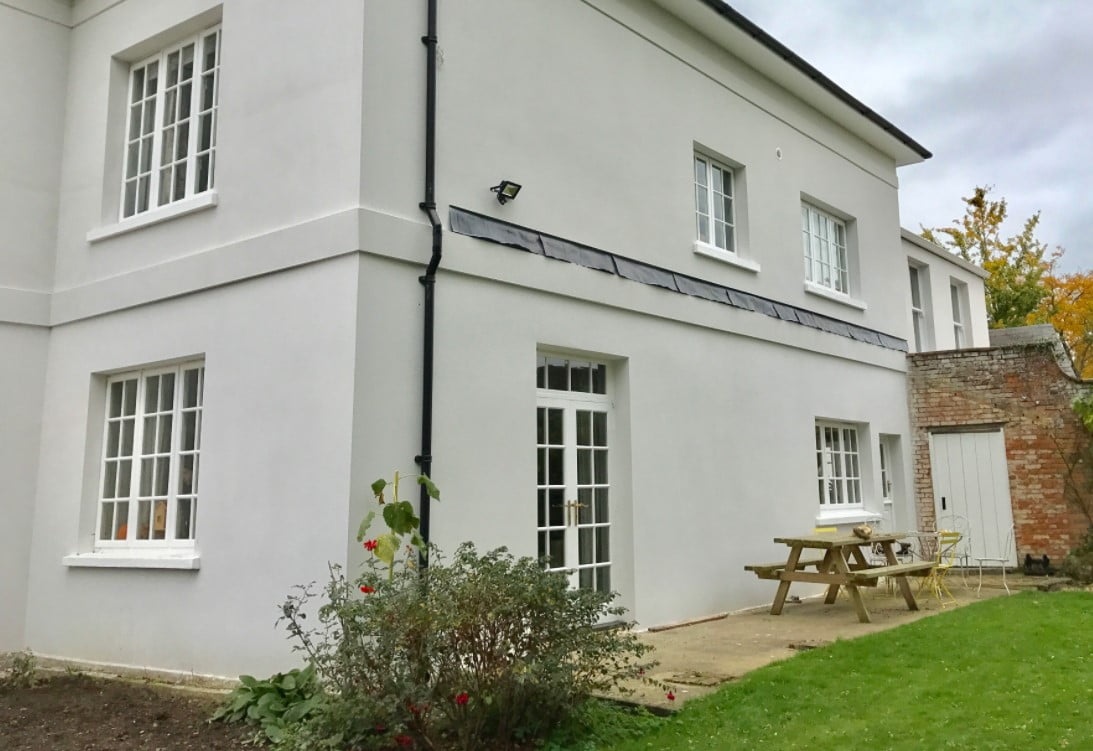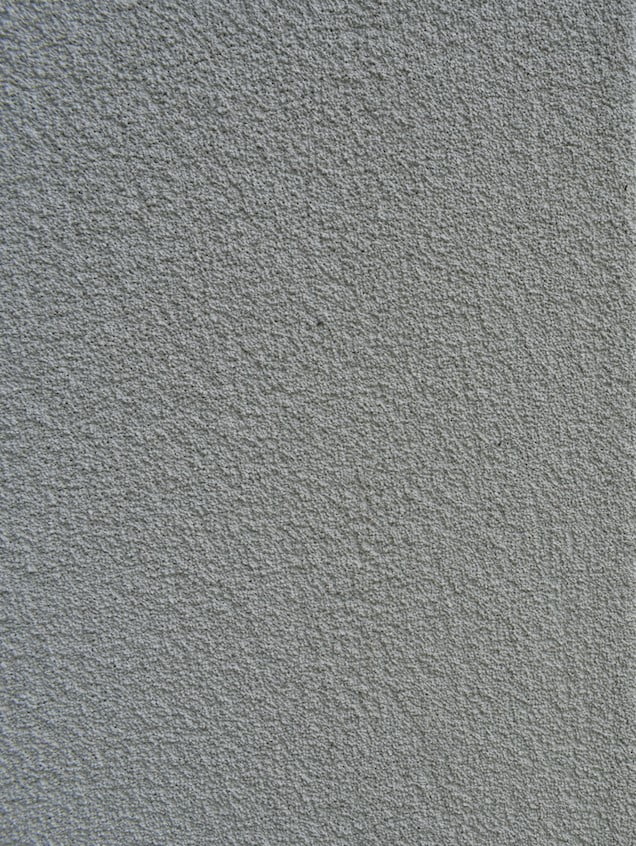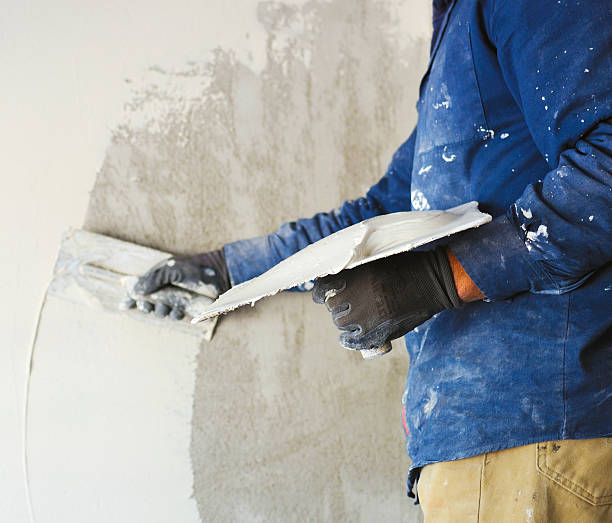Free Call Now

It's difficult to put a figure on it, but it's thought that on average we spend about £8 billion a year decorating our residential & commercial properties in the UK. Most of this will be spent on the interior, on things like painting and decorating, which is understandable as this is the part where we spend the most time and are always looking at. We want it to look bright, clean and beautiful.
However, a lot of us neglect the outside of our residential & business properties in Fence Houses. In older buildings especially, brick and masonry walls can look tired and drab. However lovely our homes may look on the inside, the outside can appear old, dirty and unappealing. And while this might not bother a lot of people, there's something about having a stunning exterior that fills us with pride and can make us fall in love with our homes all over again.
One excellent way of sprucing up the outside of our properties and garages is by applying a coat of rendering to your external walls in Fence Houses. And the benefits of doing so go way beyond just looking great. Rendering your property can improve energy efficiency and protect the walls against damage from the elements and just like cavity wall insulation can preserve heat.
As much as 30% of the energy produced to keep your building warm is lost through the walls. With the right types of house rendering, you can reduce this significantly, saving you money in the long run. Modern renders can be combined with your external wall insulation systems (often with the addition of supporting meshes).
In addition to this, it adds value to your Fence Houses home without having to spend a fortune. This is a great option if you are considering selling your home as it instantly improves 'kerb appeal', giving your home the edge when it comes to potential buyers who look for things like recently plastered walls.

Traditional renders & cladding materials were a mixture of lime, water and sand used to make a breathable, flexible covering for rendered walls, external walls. Lime renders are still used today, but mostly for period properties.
These days, modern renders are broadly split into three categories: mineral, silicone renders, and acrylic renders. However, there are other, newer ones becoming more popular that come in a variety of colours.
Let's take a closer look:
The total cost of rendering in Fence Houses will depend on a lot of different factors like material cost for example and m² of walls. On average, you should expect to budget for at least £2,000 up to £8,000 or more. Obviously, the size of the property is one of the main factors. A small bungalow will cost a lot less than a 4-bedroom detached house due to the extra materials and labour costs.
The materials and the type of render used will also affect the cost. You may be tempted to go down a DIY route, as will be addressed below, to save on costs, but this might not be the best idea. You might also be swayed by companies that offer the cheapest prices. Tempting as it is (we all love to save money!), this can be a mistake. The old saying "You get what you pay for" is very appropriate here. A poorly executed render will probably need sorting out when it becomes 'blown', and patches start to bulge or fall off.


By all means, you can. As to whether you should, well, that's another matter entirely! If you get it wrong it could cost you more to have it fixed and is it going to be quality workmanship? Although it's a fairly straightforward job to slap the stuff on, the skill lies in achieving an acceptable finish on all surfaces. A professional renderer will be skilled enough (and have the patience) to get it looking perfect. If you're selling your home, this would be the better option as it creates a better impression. And if you just want your house to look fantastic, enjoying the other advantages that the new render will bring, then you won't be happy with anything other than perfection.
Added to this is the task of levelling out any imperfections in the brickwork or applying scratch coats. It may be necessary to use a mesh membrane or backing boards as a substrate on which to apply the render. Unless you are competent or experienced in this job it's best to leave it to the experts.
With regards to building regulations planning permission isn't usually required, but there are exceptions:
This last item on the list is the most likely to cause you any problems, but even this is rare.
So, the first step in transforming your home is to get in touch with Render Hero to set you on the path to having a good quality render applied. It will make a world of difference, whether you are looking to sell your home, or simply want it to look beautiful for the foreseeable future.
